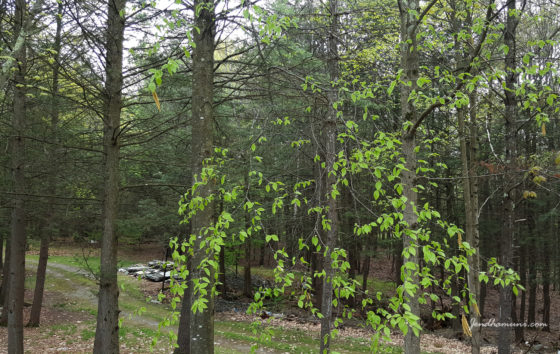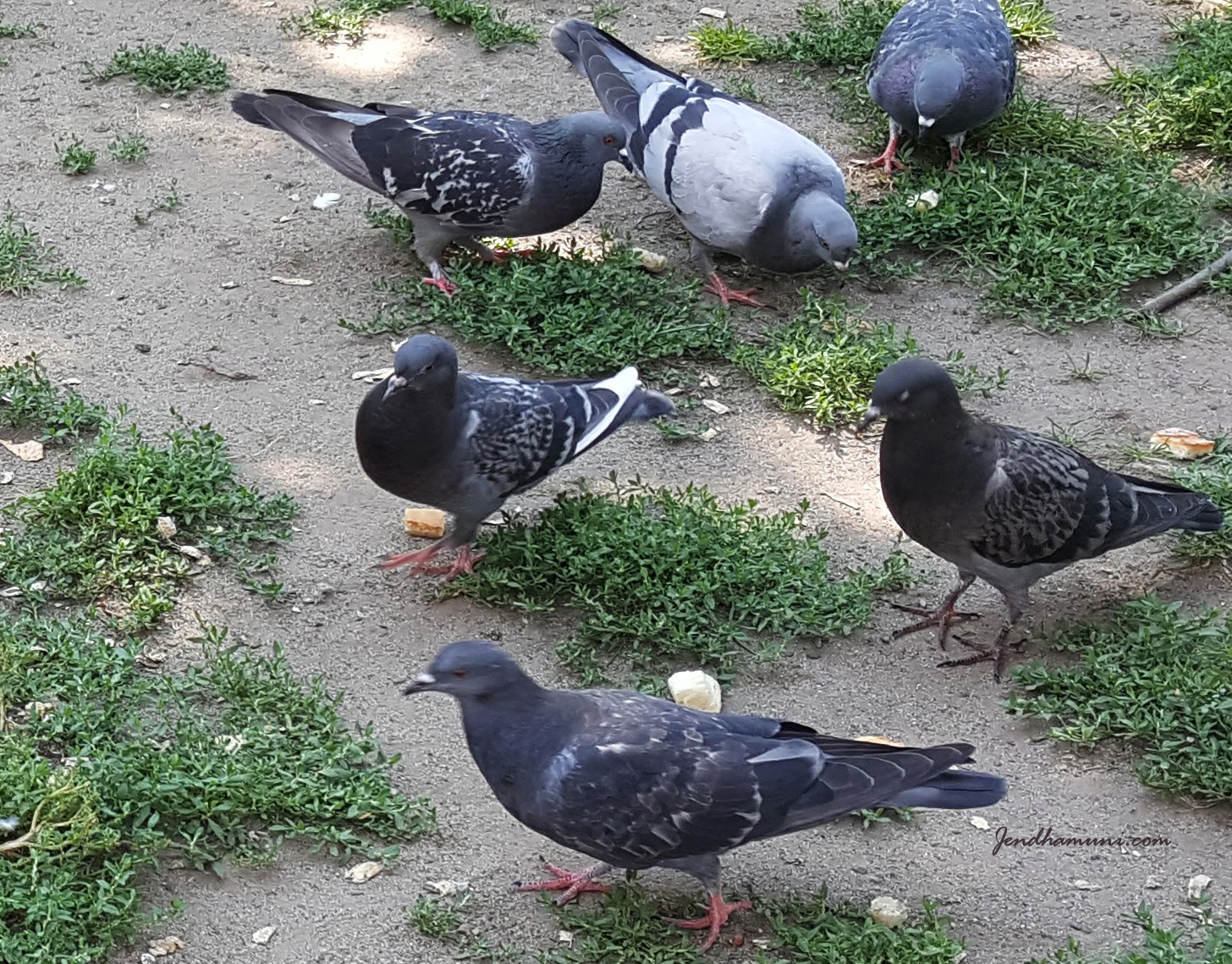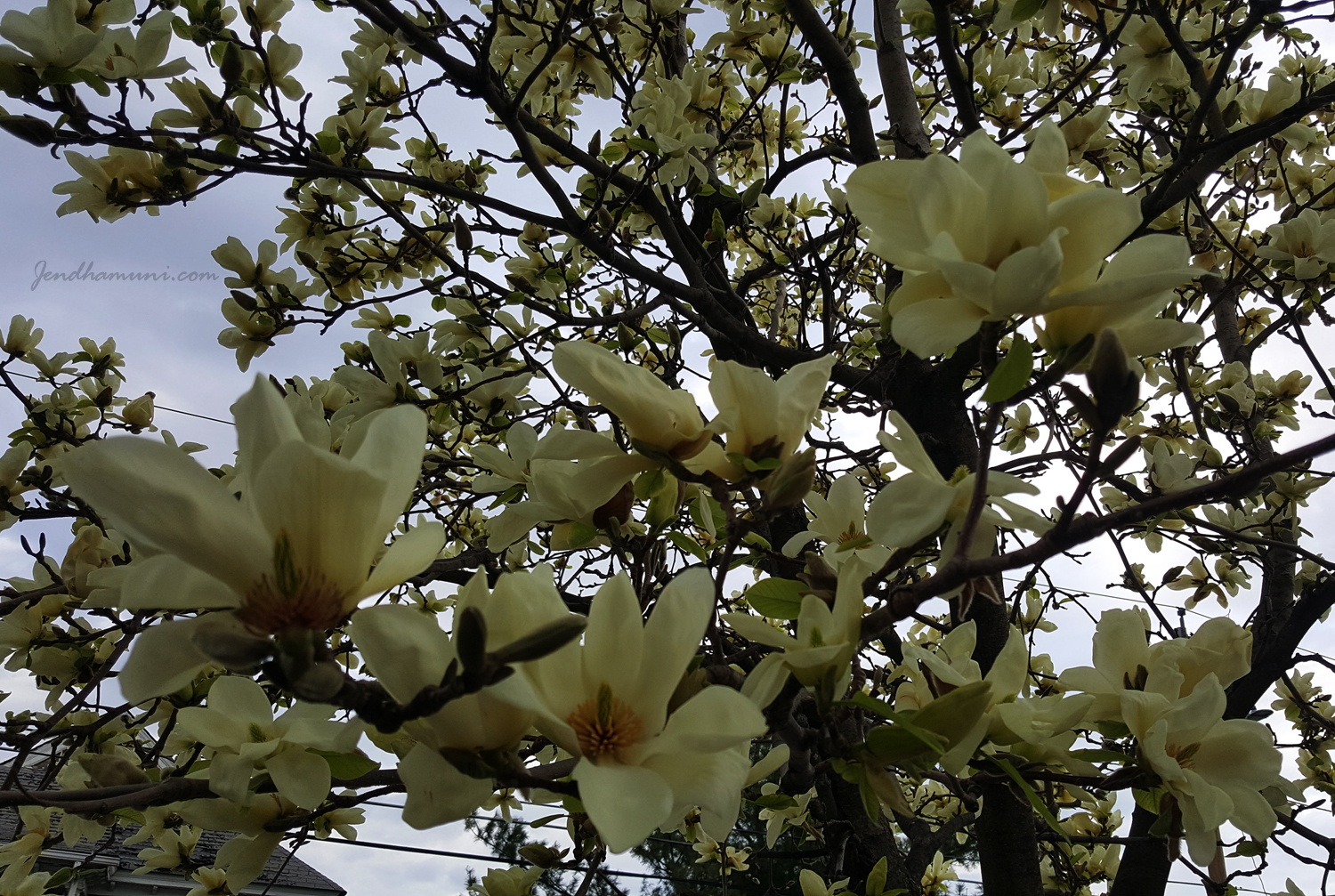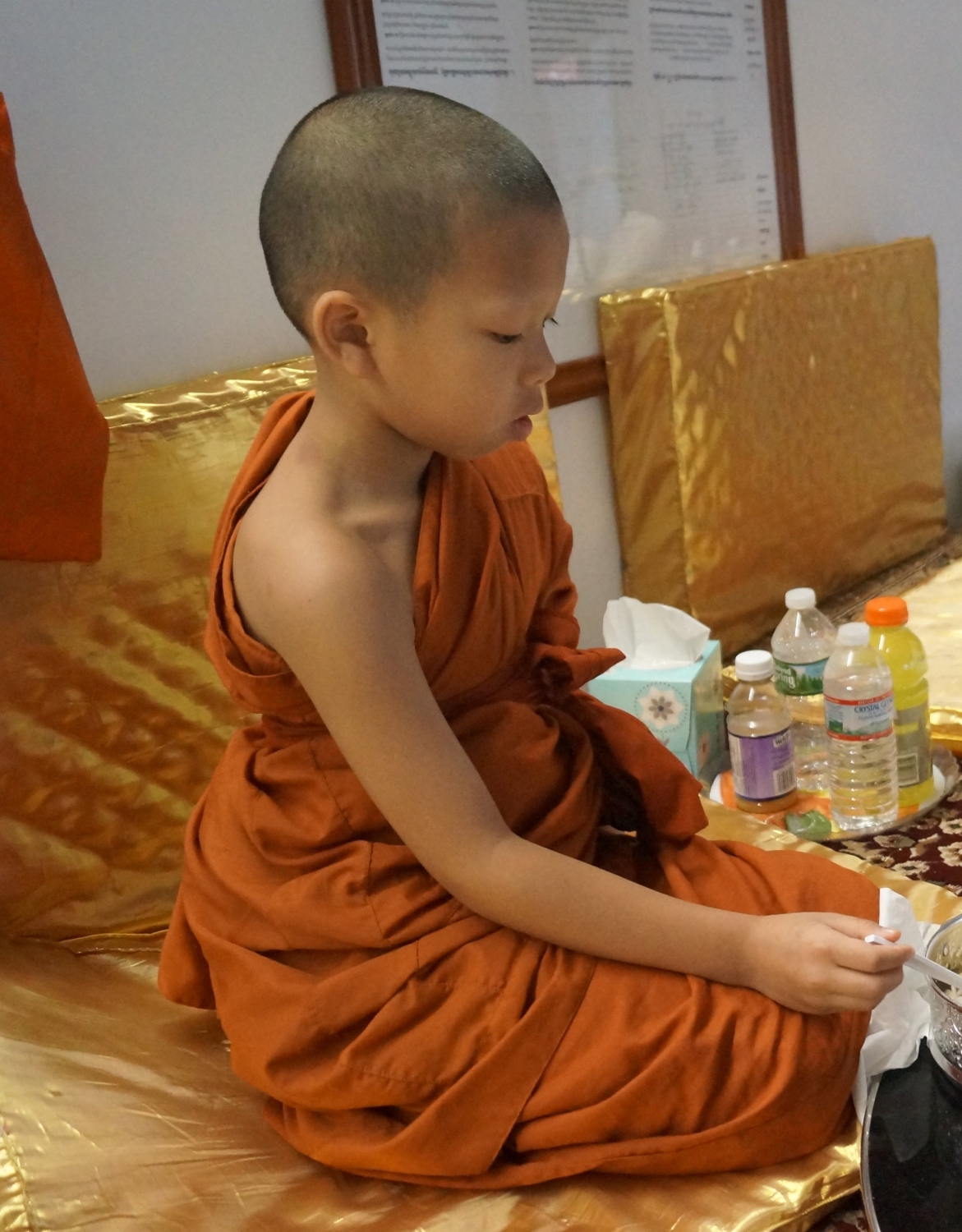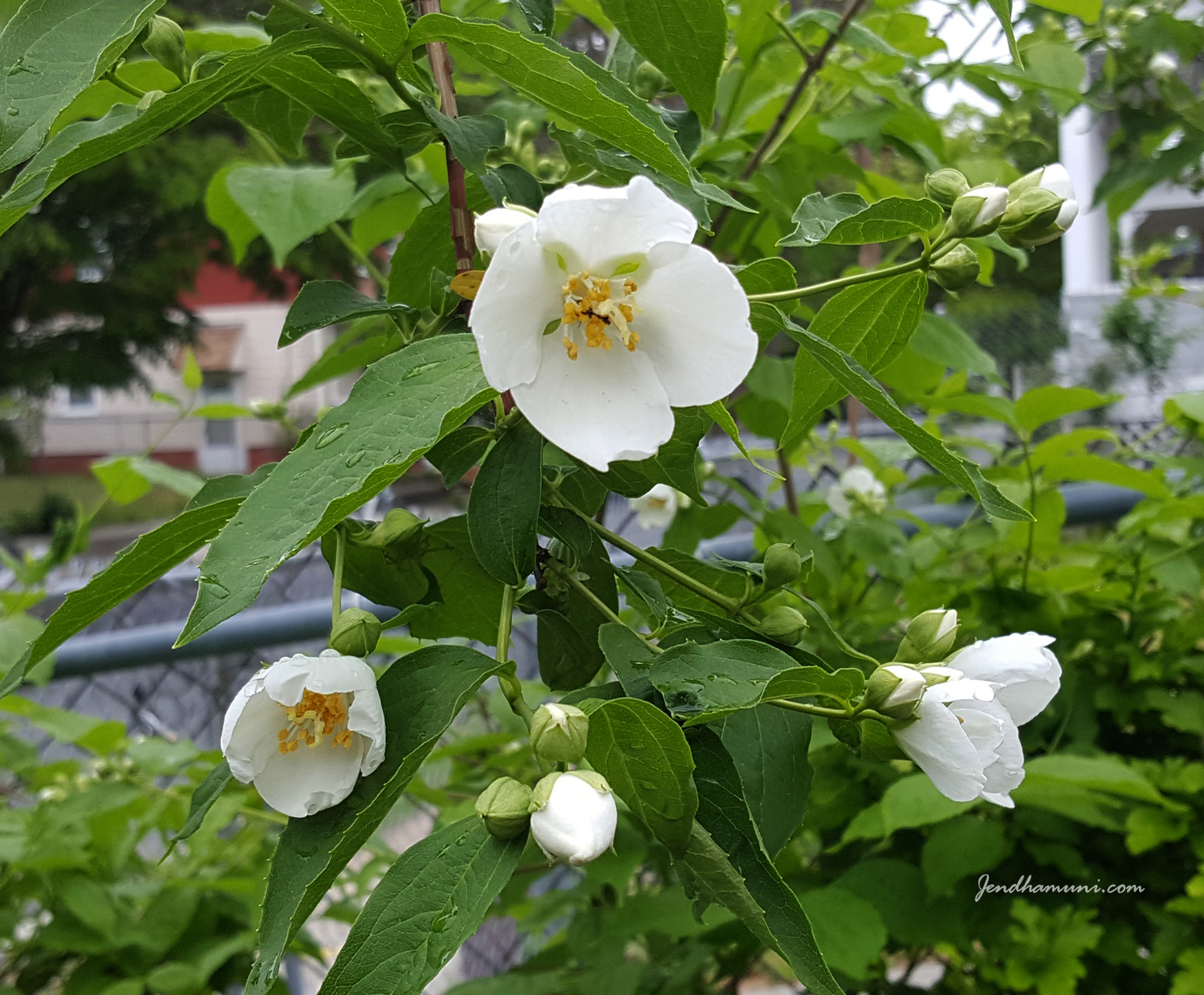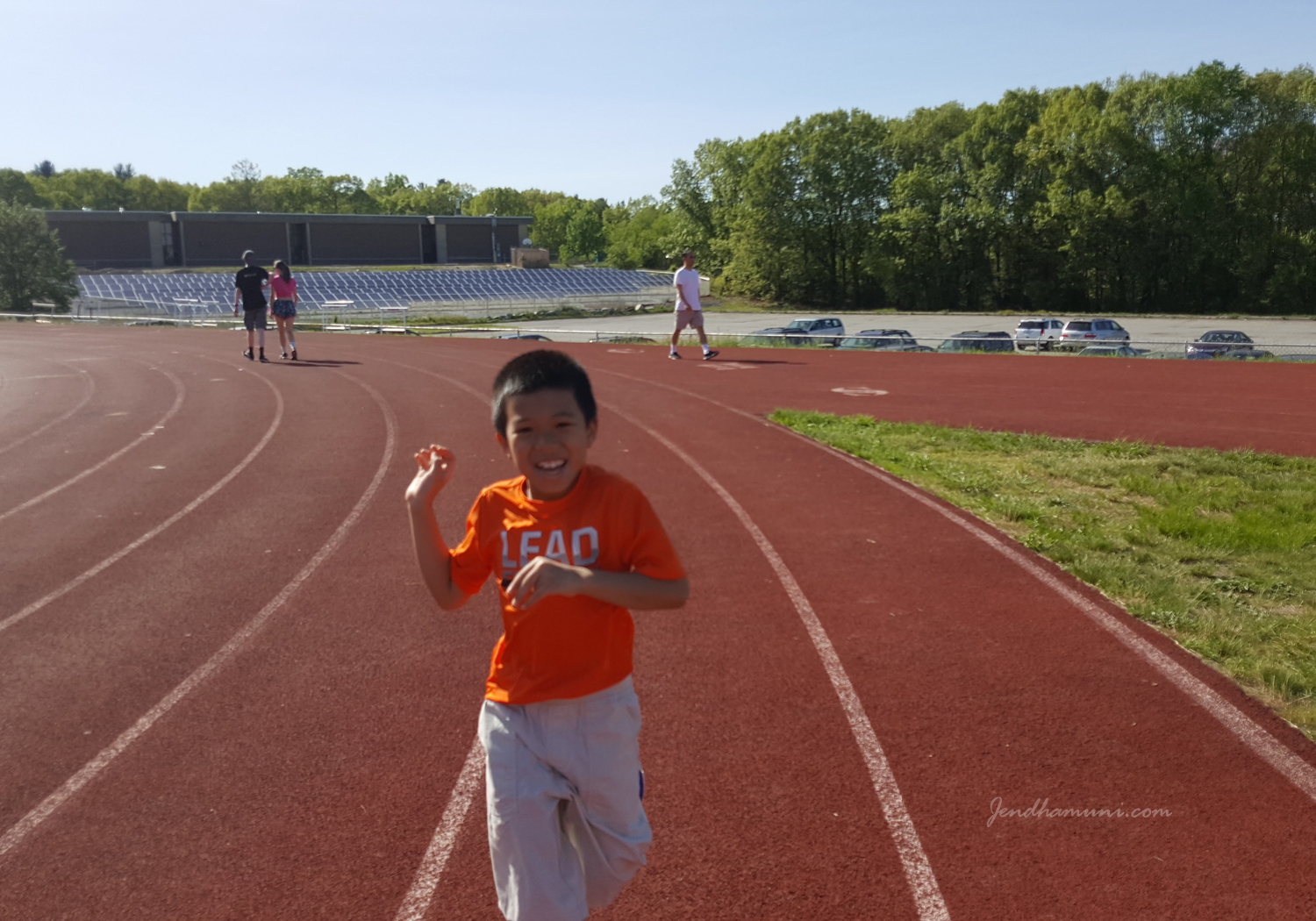-
Comment April 10, 2019
-
The Story of Thera Mahakassapa
Comment April 10, 2019Verse 91: The mindful strive diligently (in the Tranquillity and Insight Development Practice); they take no delight in the home (i.e., in the life of sensual pleasures); like swans (hamsa) that forsake the muddy pool, they abandon all home life (i.e., all cravings).
The Story of Thera Mahakassapa
While residing at the Veluvana monastery, the Buddha uttered Verse (91) of this book, with reference to Thera Mahakassapa.
The Buddha once spent the vassa at Rajagaha with a number of bhikkhus. About two weeks before the end of the vassa, the Buddha informed the bhikkhus that they would soon be leaving Rajagaha and told them to prepare for departure. Some bhikkhus stitched and dyed new robes, some washed the old robes. When some bhikkhus saw Mahakassapa washing his robes, they speculated, “There are so many people inside and outside Rajagaha who love and respect Thera Mahakassapa and are constantly looking to all his needs; is it possible that the Thera would leave his lay devotees here and follow the Buddha elsewhere?”
At the end of fifteen days, on the eve of his departure, the Buddha thought that there might be some occasions like alms-food offering ceremonies, initiation of novices, funerals, etc., and so it would not be proper for all the bhikkhus to leave. So he decided that some bhikkhus should remain at the Veluvana monastery and that the most suitable person would be Thera Mahakassapa. Consequently, Thera Mahakassapa remained in Rajagaha with some junior bhikkhus.
Then the other bhikkhus said scornfully, “Mahakassapa has not accompanied the Buddha, just as we have predicted!” The Buddha heard their remark and said to them, “Bhikkhus! Do you wish to say that my son Kassapa is attached to his lay disciples of Rajagaha and to the things they offer him? You are very much mistaken. My son Kassapa remains here under my instruction; he is not attached to anything here.”
Then the Buddha spoke in verse as follows:
Verse 91: The mindful strive diligently (in the Tranquillity and Insight Development Practice); they take no delight in the home (i.e., in the life of sensual pleasures); like swans (hamsa) that forsake the muddy pool, they abandon all home life (i.e., all cravings).Dhammapada Verse 91
Mahakassapatthera VatthuUyyunjanti satimanto
na nikete ramanti te
hamsava pallalam hitva
okamokam jahanti te.Source: Tipitaka
-
You have to grow from the inside out
Comment April 10, 2019 -
We need a repeated discipline
Comment April 9, 2019 -
The inclination of his awareness
Comment April 9, 2019 -
Underneath our ordinary lives
Comment April 9, 2019Underneath our ordinary lives, underneath all the talking we do, all the moving we do, all the thoughts in our minds, there’s a fundamental groundlessness. It’s there bubbling along all the time. We experience it as restlessness and edginess. We experience it as fear. It motivates passion, aggression, ignorance, jealousy, and pride, but we never get down to the essence of it. ~ Pema Chodron
-
We lose our sense of the sacredness of life
Comment April 8, 2019 -
The Story of the Question Asked by Jivaka
Comment April 8, 2019Verse 90: For him (an arahat) whose journey is ended, who is free from sorrow and from all (e.g. khandha aggregates), who has destroyed all fetters, there is no more distress.
1. gataddhino: the journey is ended. Here ‘the journey’ means round of rebirths (samsara).
2. sabbaganthappahinassa: one who has destroyed all fetters. Here ‘fetters’ means greed, ill will, and wrong view.
The Story of the Question Asked by Jivaka
While residing at the mango-grove monastery of Jivaka, the Buddha uttered Verse (90) of this book, with reference to the question raised by Jivaka to the Buddha.
Devadatta, on one occasion, tried to kill the Buddha by pushing a big rock from the peak of Gijjhakuta mountain (Vulture’s Peak). The rock struck a ledge on the side of the mountain and a splinter struck the big toe of the Buddha. The Buddha was taken to the mango-grove monastery of Jivaka. There, Jivaka, the renowned physician, attended on the Buddha; he put some medicine on the toe of the Buddha and bandaged it. Jivaka then left to see another patient in town, but promised to return and remove the bandage in the evening. When Jivaka returned that night, the city-gates were already closed and he could not come to see the Buddha that night. He was very upset because if the bandage was not removed in time, the whole body would become very hot and the Buddha would be very ill.
Just about this time, the Buddha asked Thera Ananda to remove the bandage from his big toe and found that the wound was completely healed. Jivaka came to the monastery early next morning and asked the Buddha whether he felt great pain and distress the previous night. The Buddha replied, “Jivaka! Ever since I attained Buddhahood there has been no pain and distress for me.”
Then the Buddha spoke in verse as follows:
Verse 90: For him (an arahat) whose journey is ended, who is free from sorrow and from all (e.g. khandha aggregates), who has destroyed all fetters, there is no more distress.At the end of the discourse many attained Sotapatti Fruition.
Dhammapada Verse 90
Jivakapanha VatthuGataddhino1 Visokassa
vippamuttassa sabbadhi
sabbaganthappahinassa2
parilaho na vijjati.Source: Tipitaka
-
If one were truly aware of the value of human life
Comment April 8, 2019 -
Better it is to live one day …
Comment April 7, 2019



